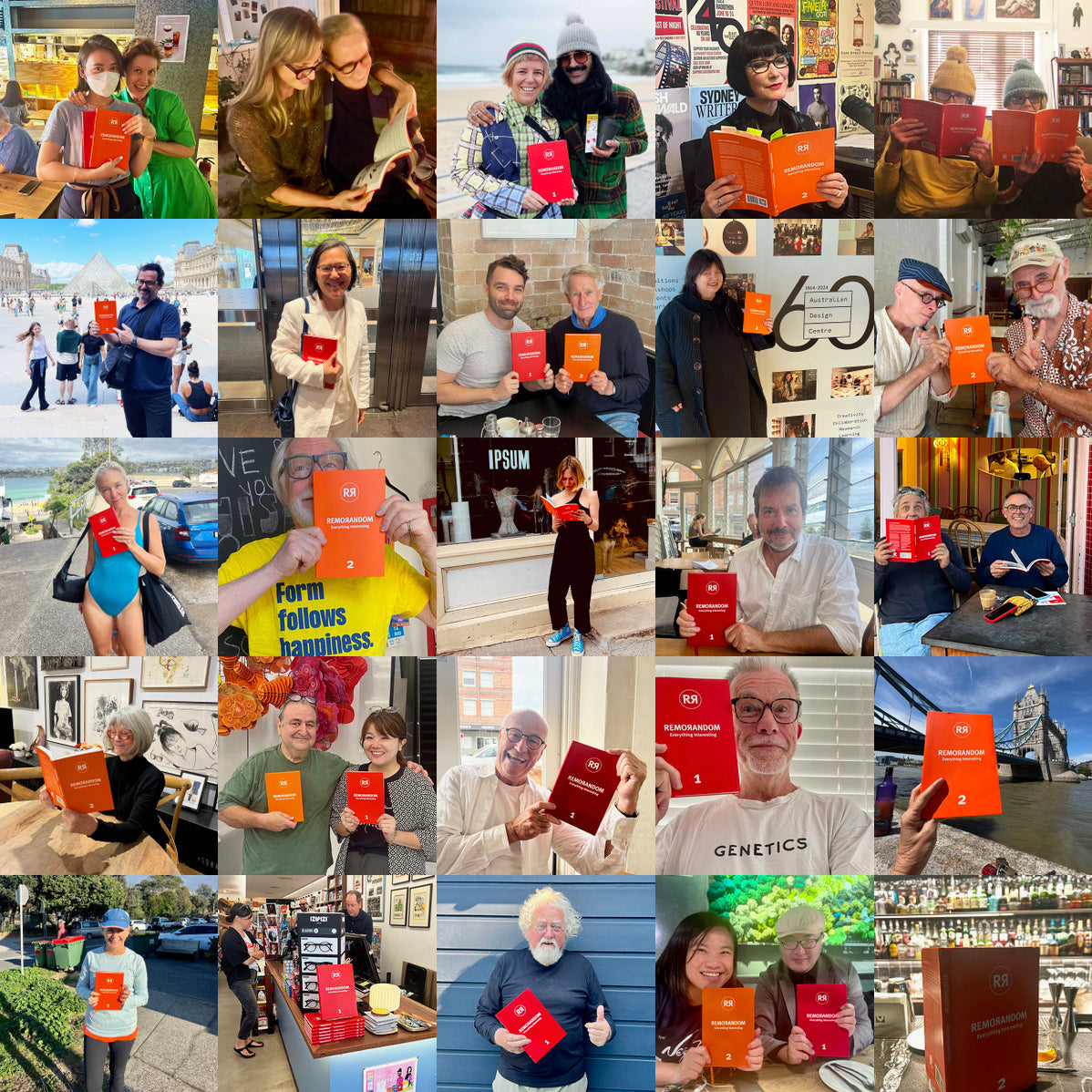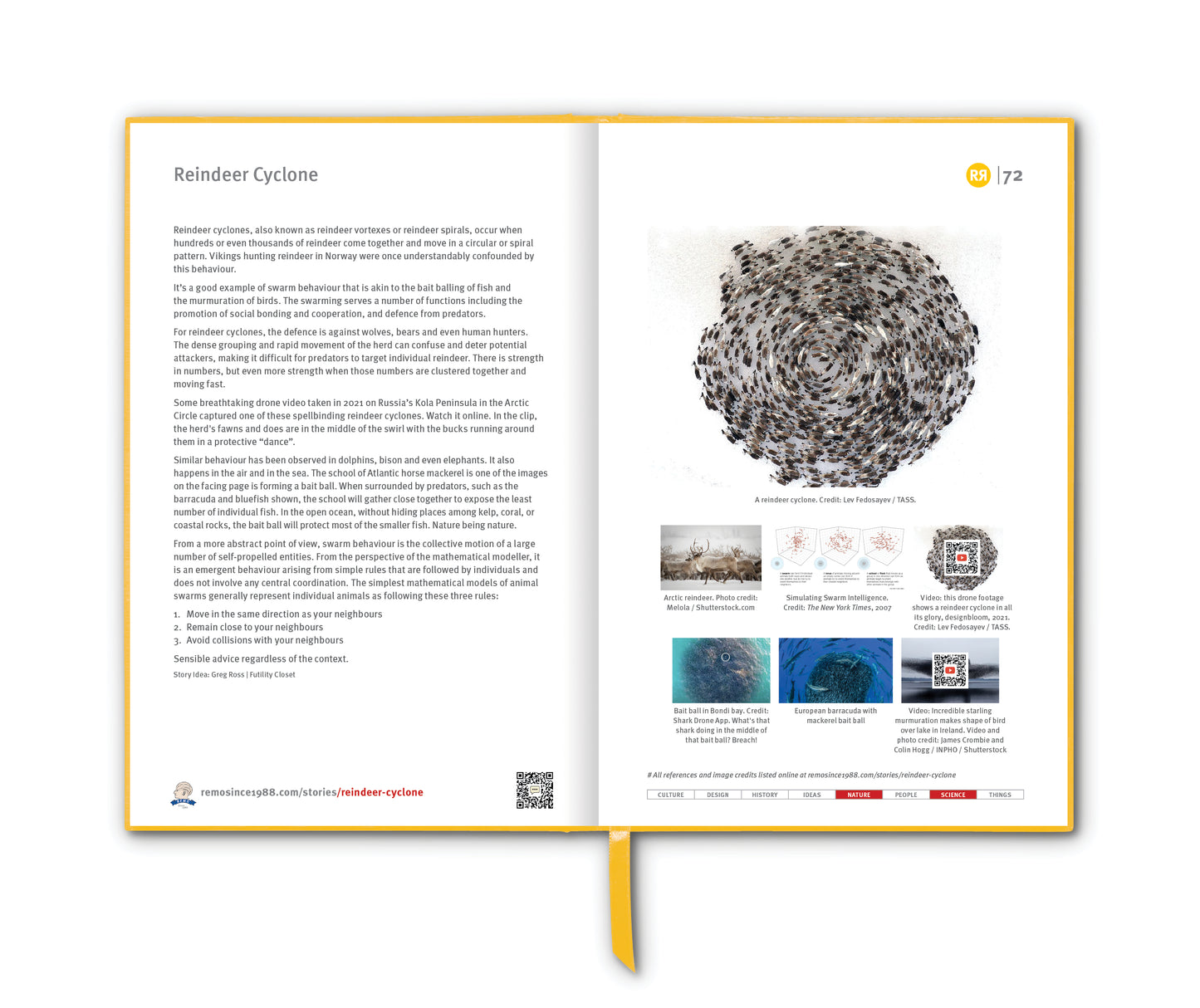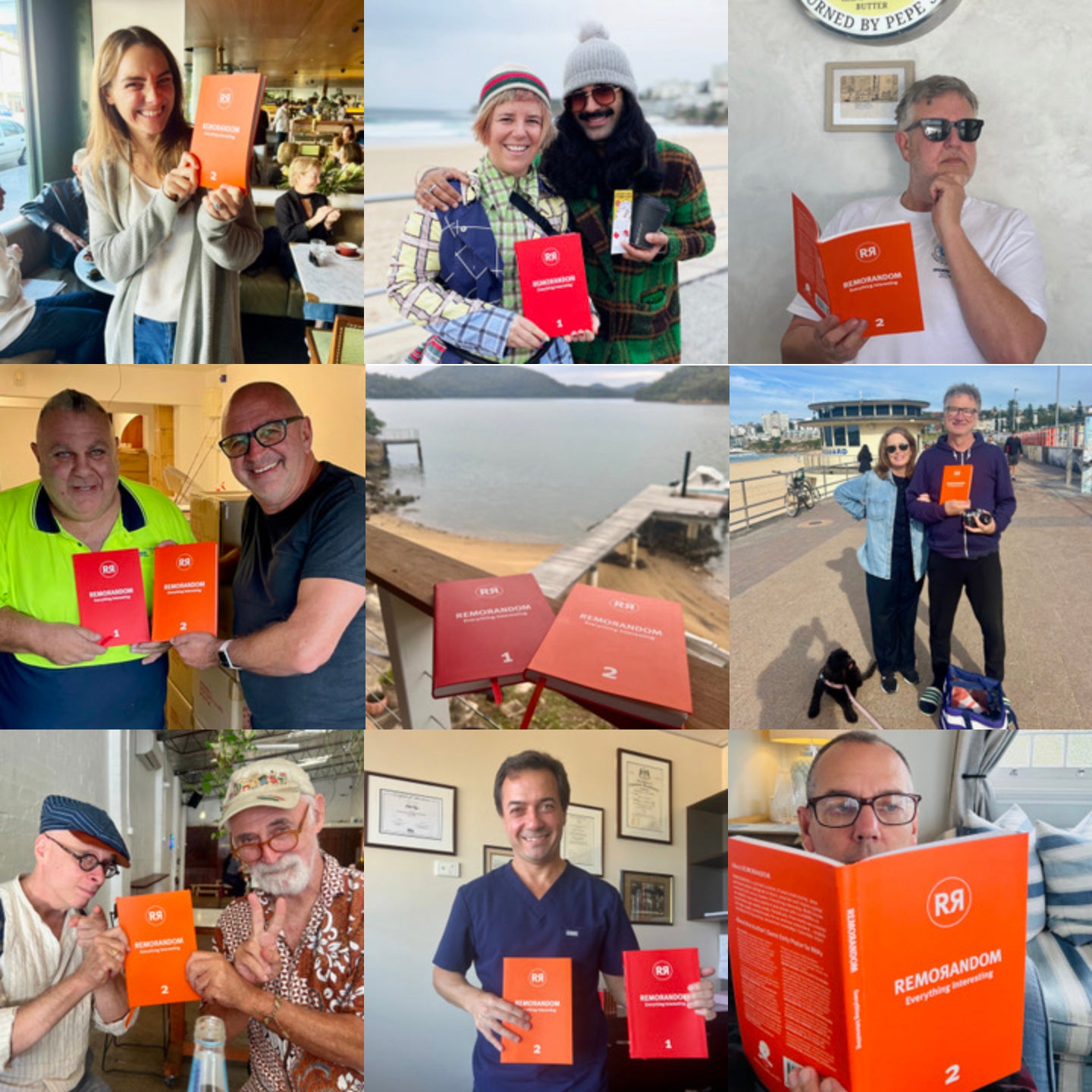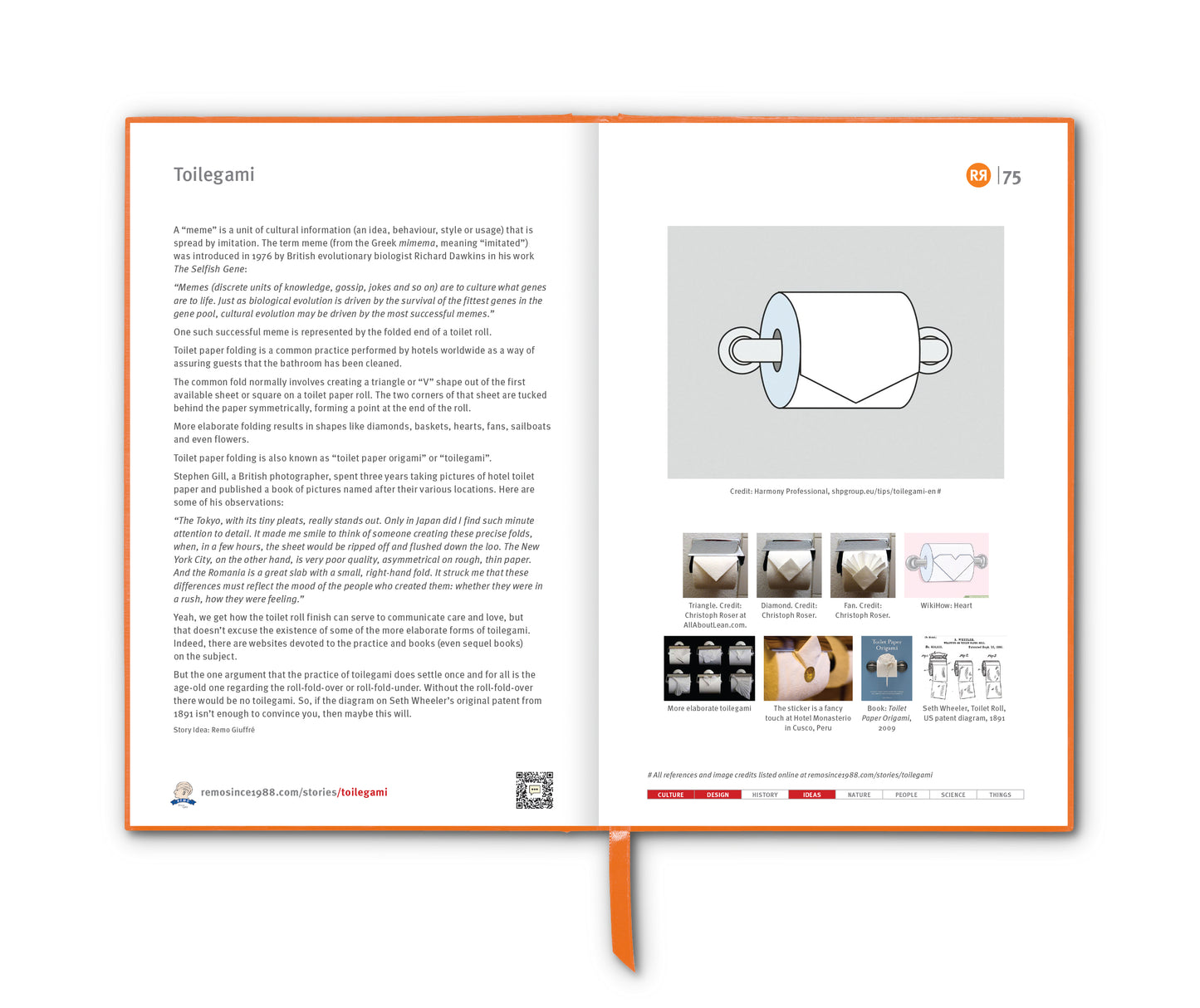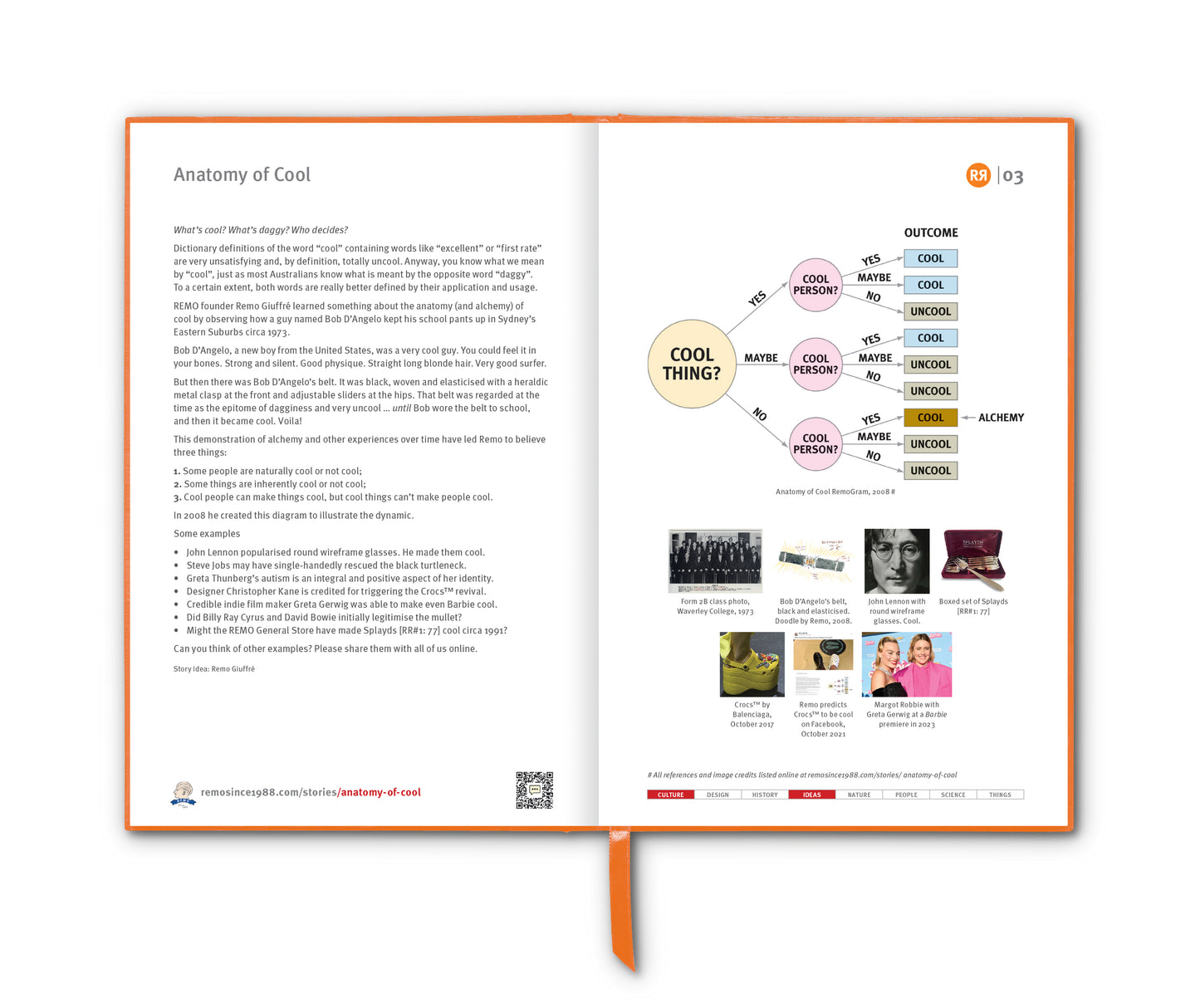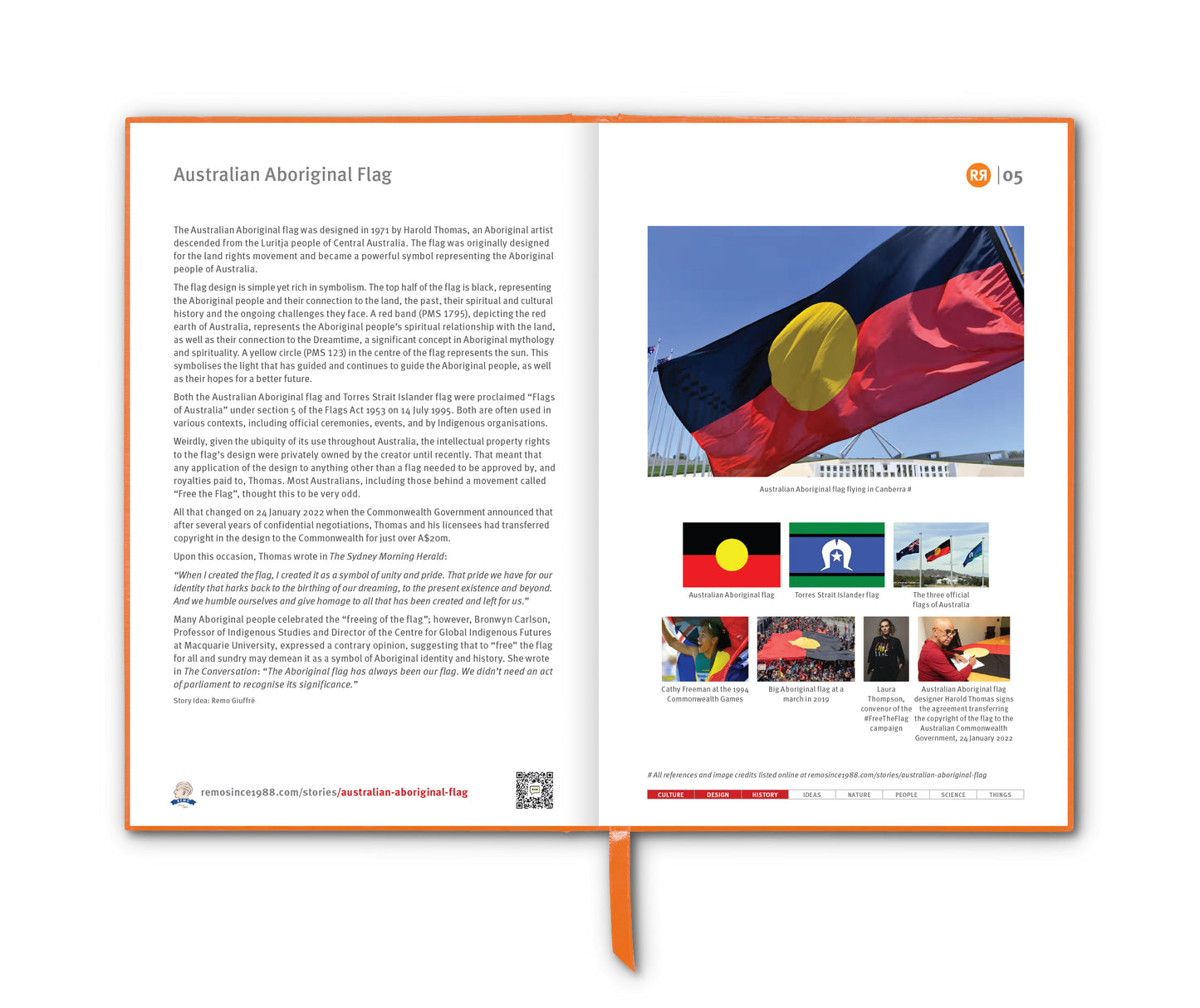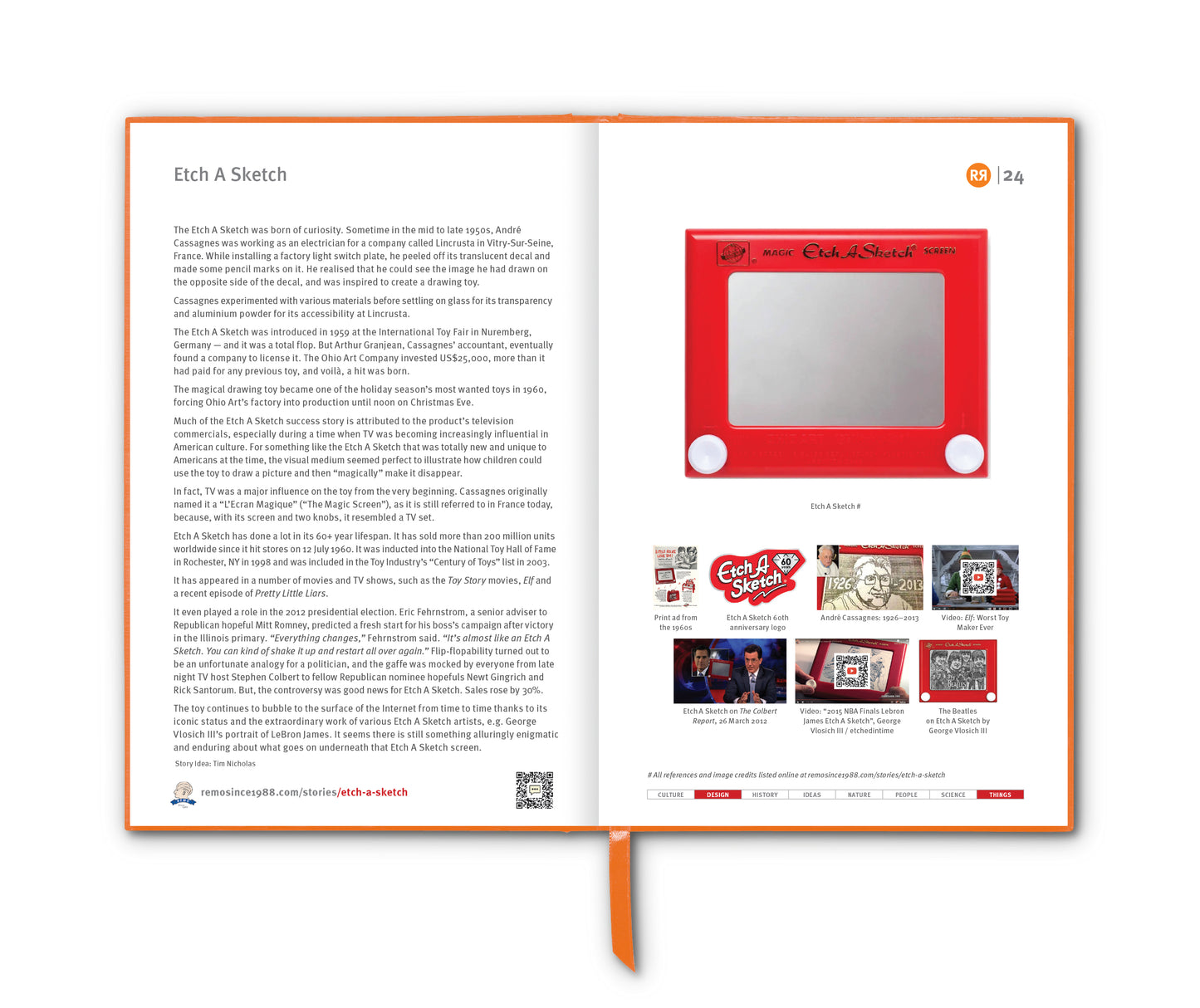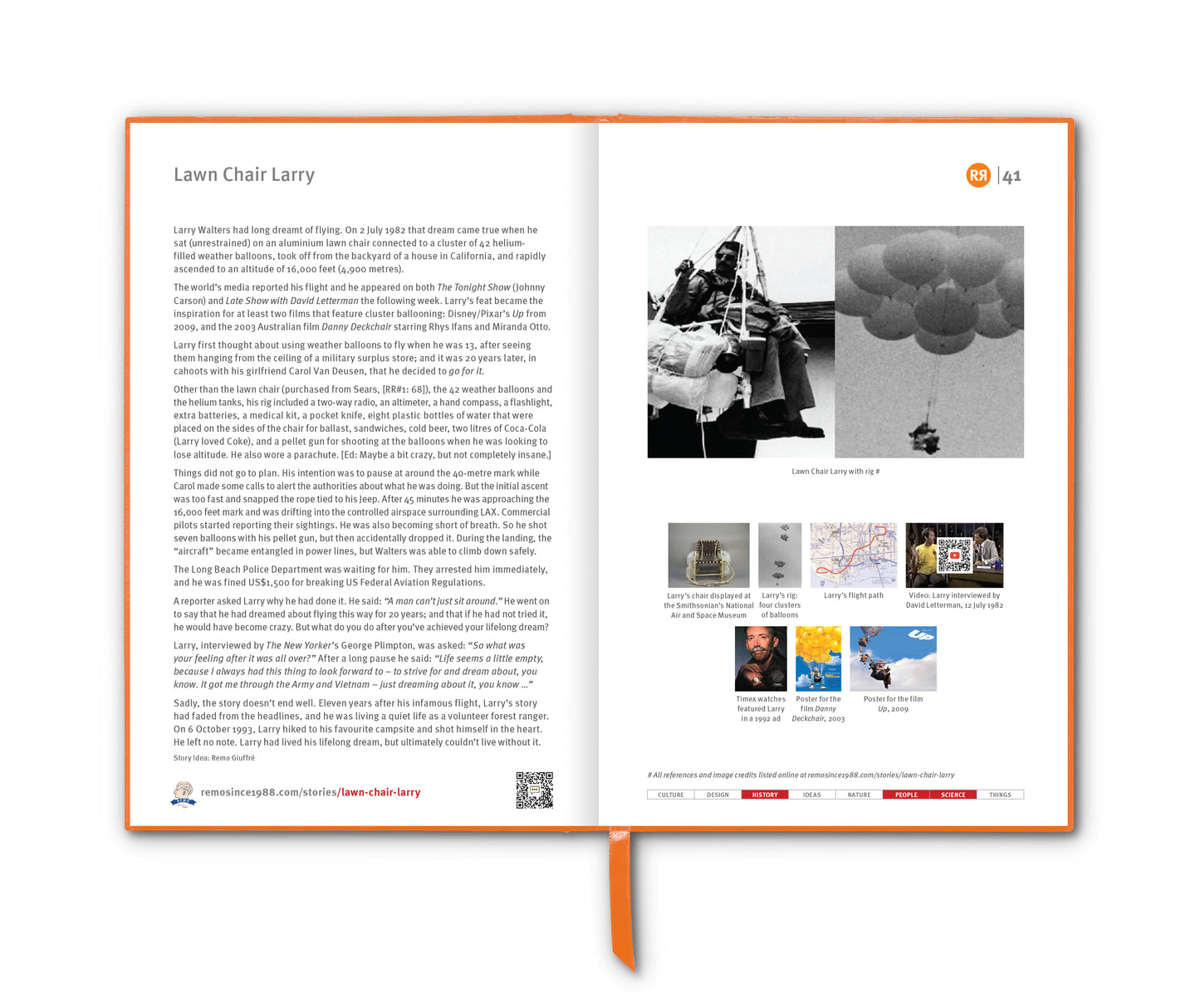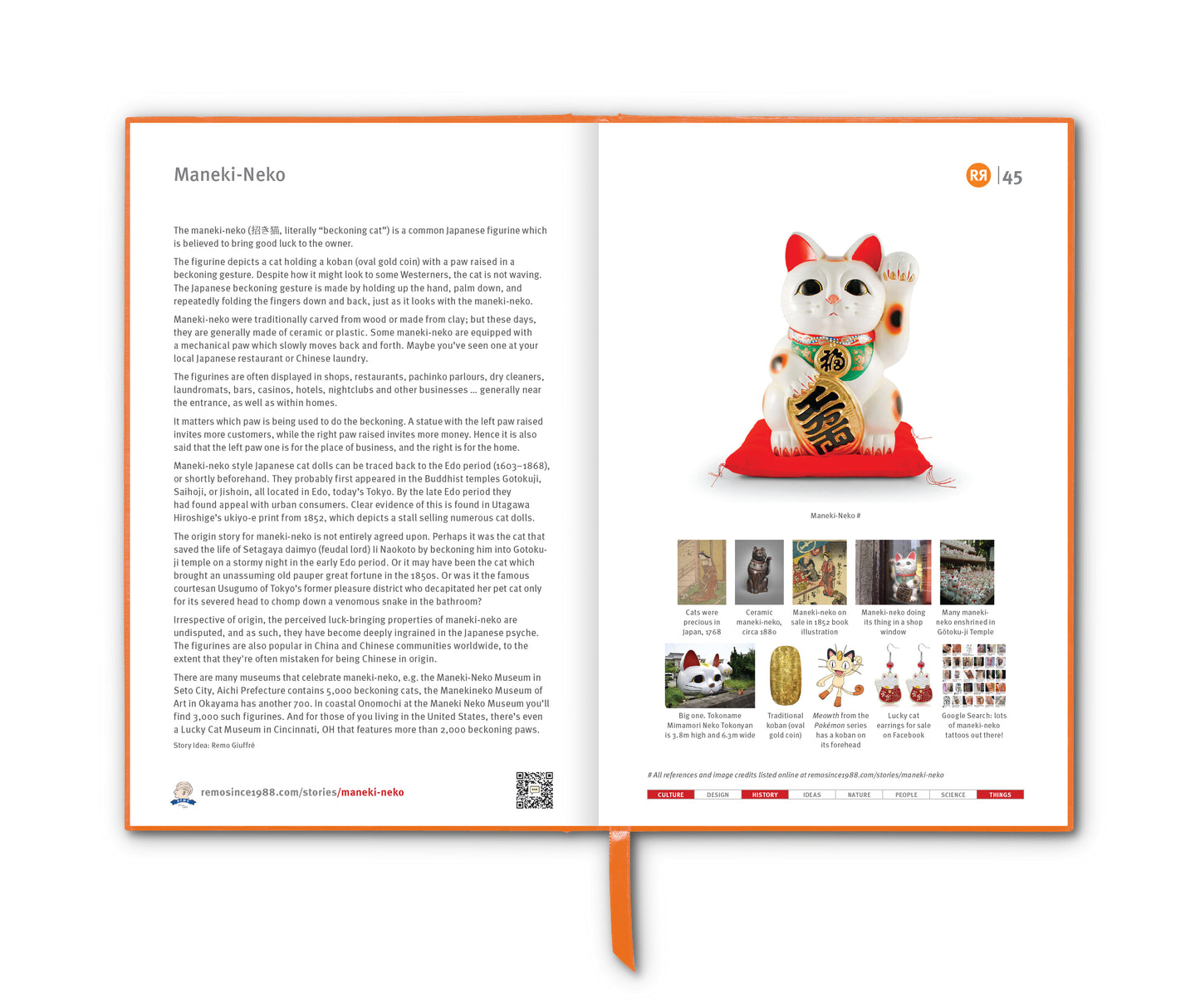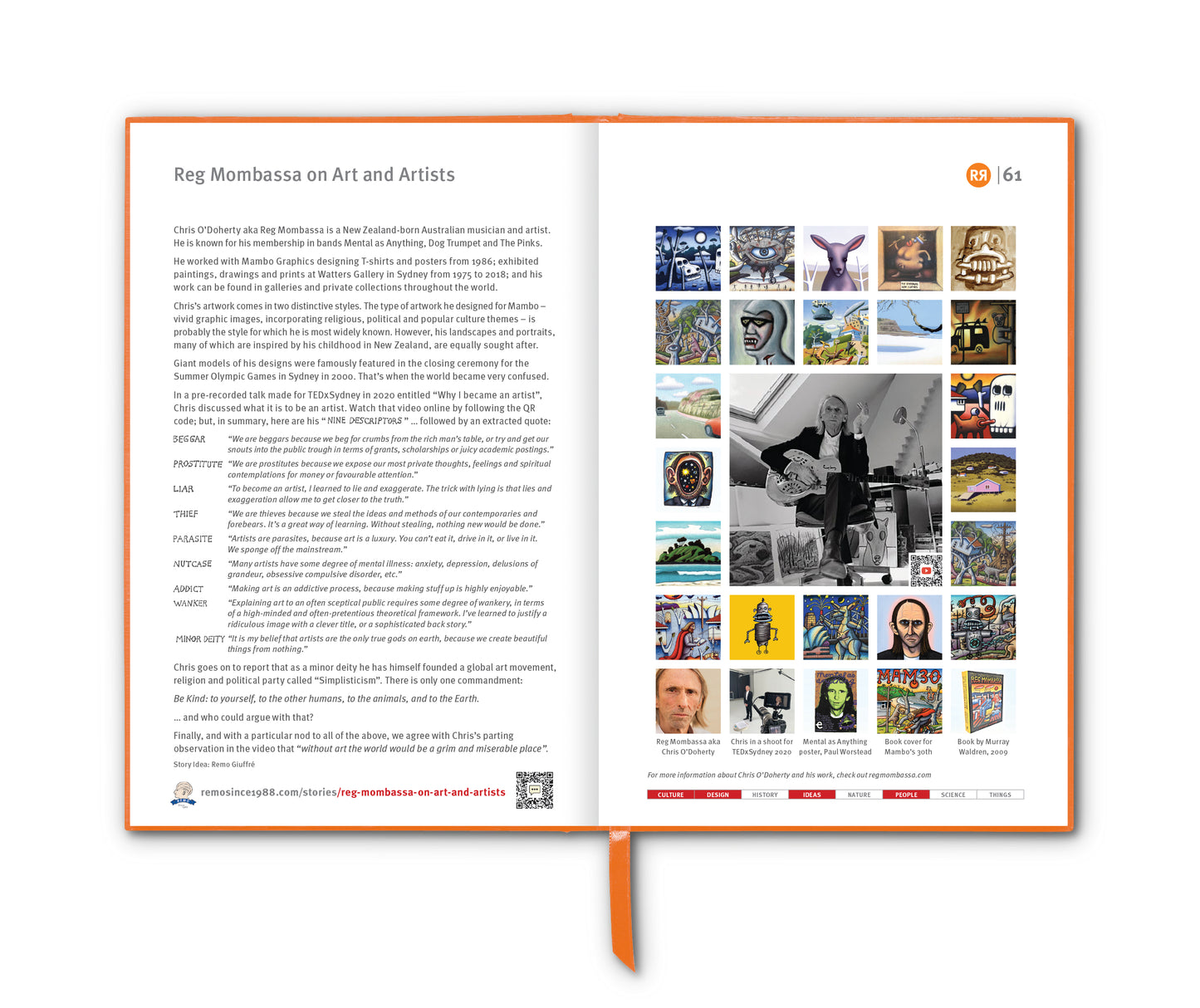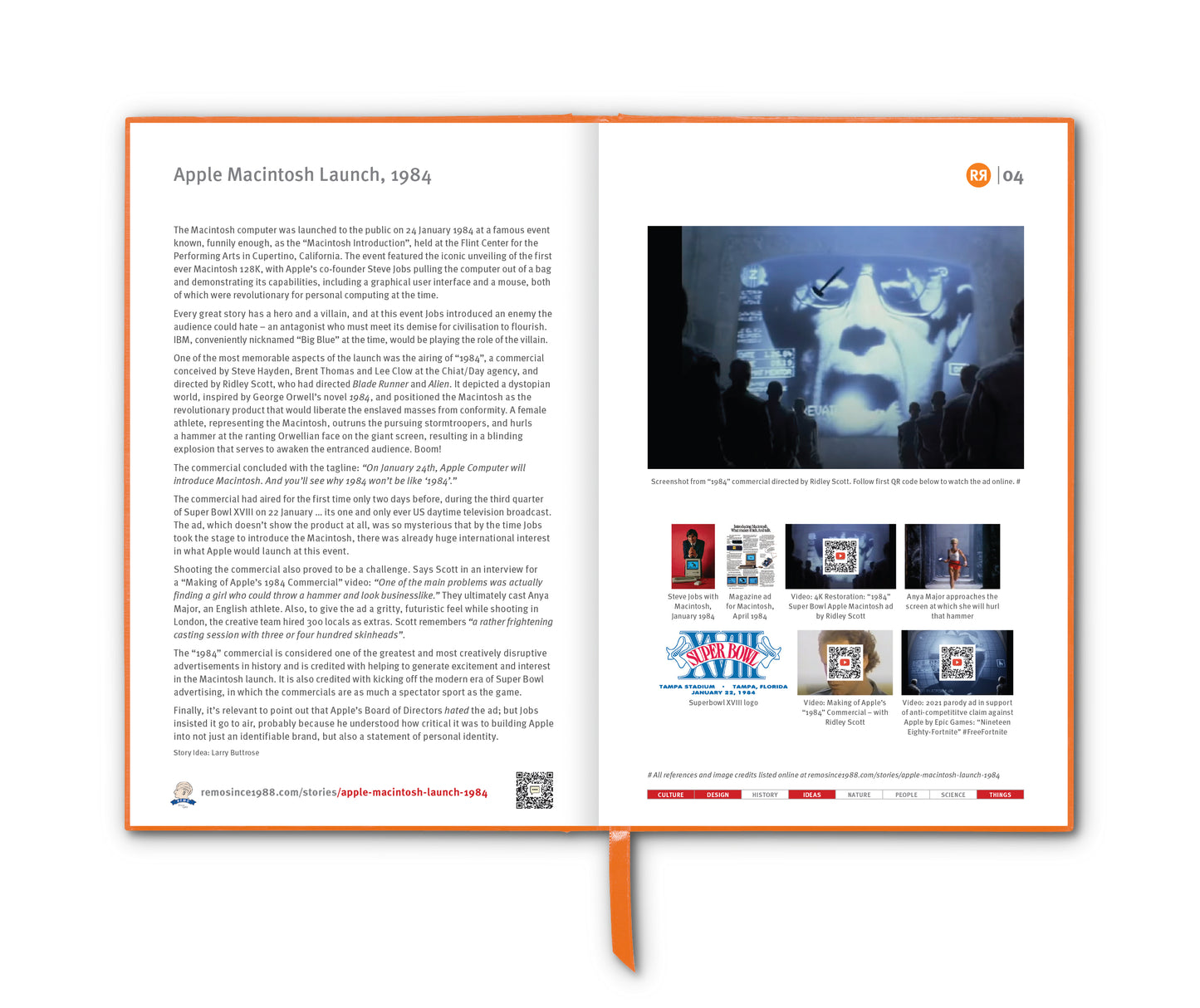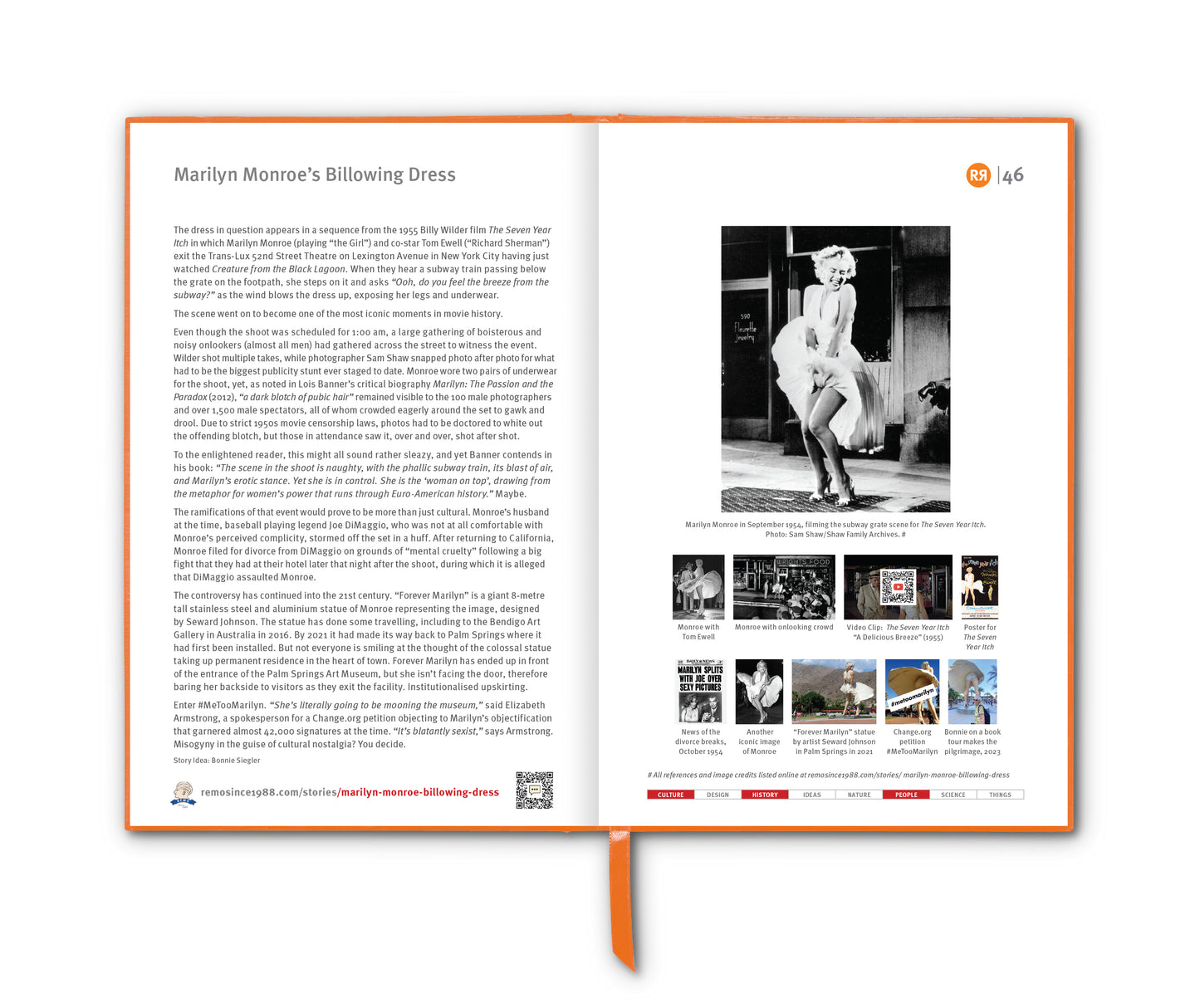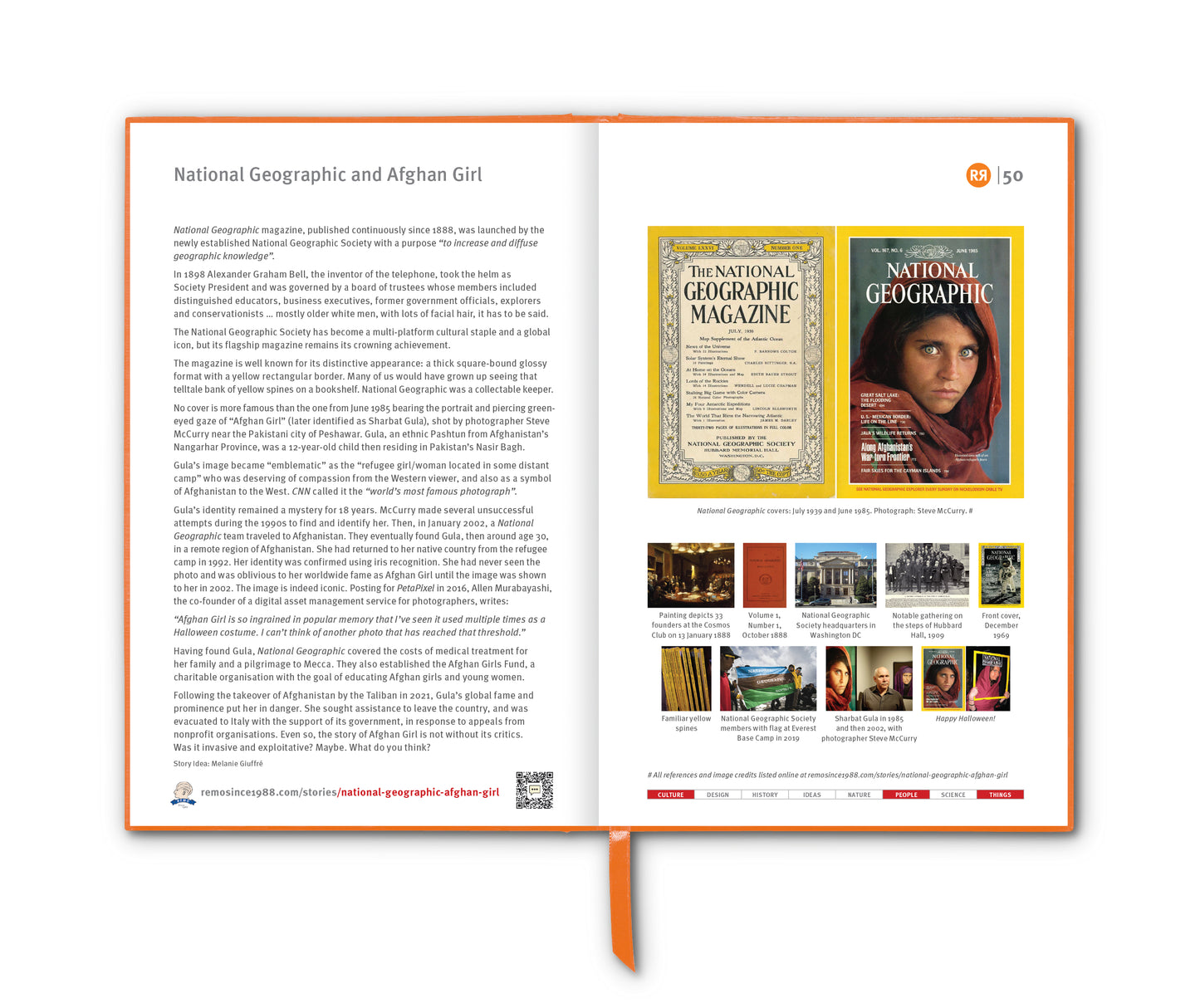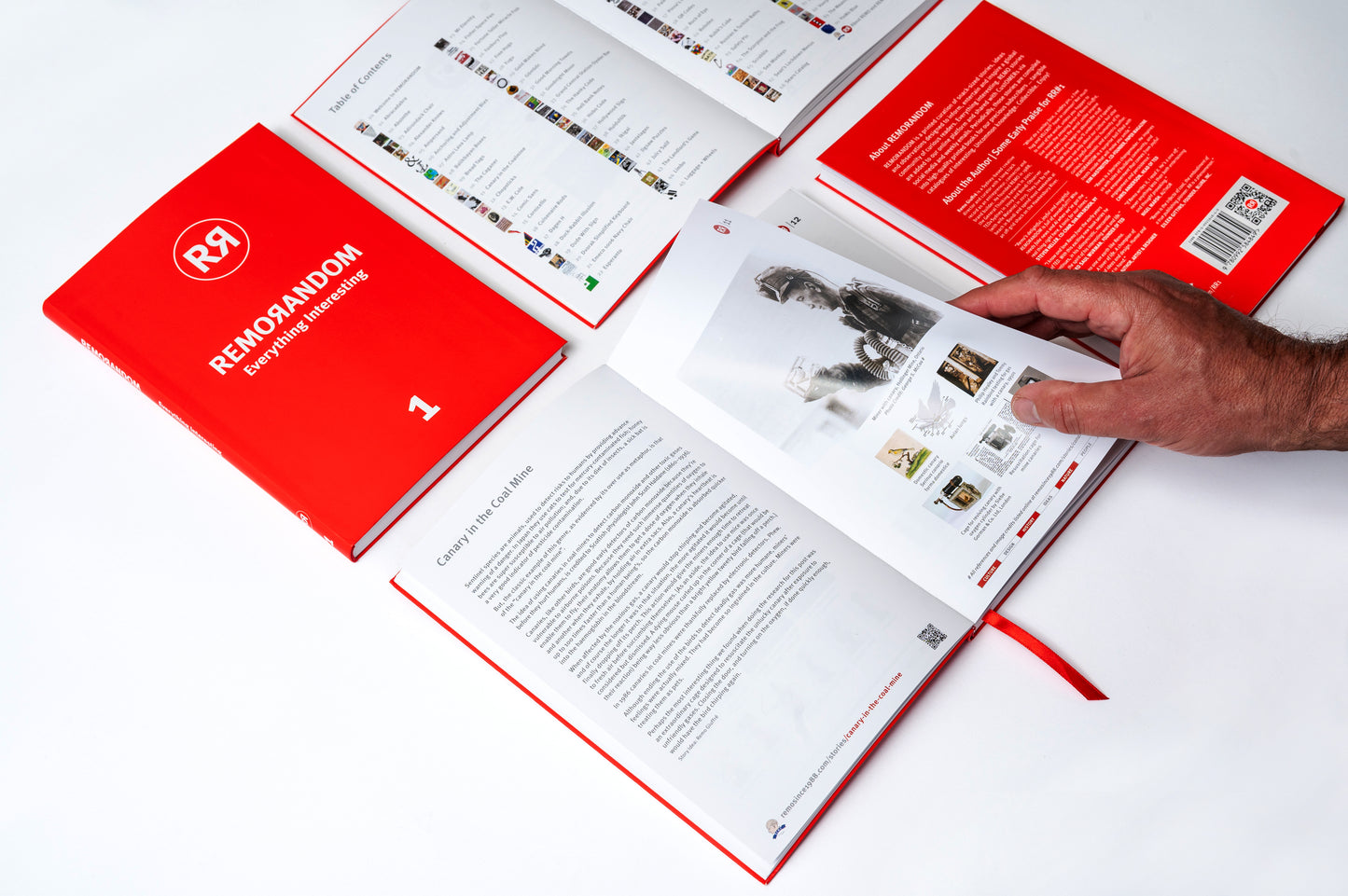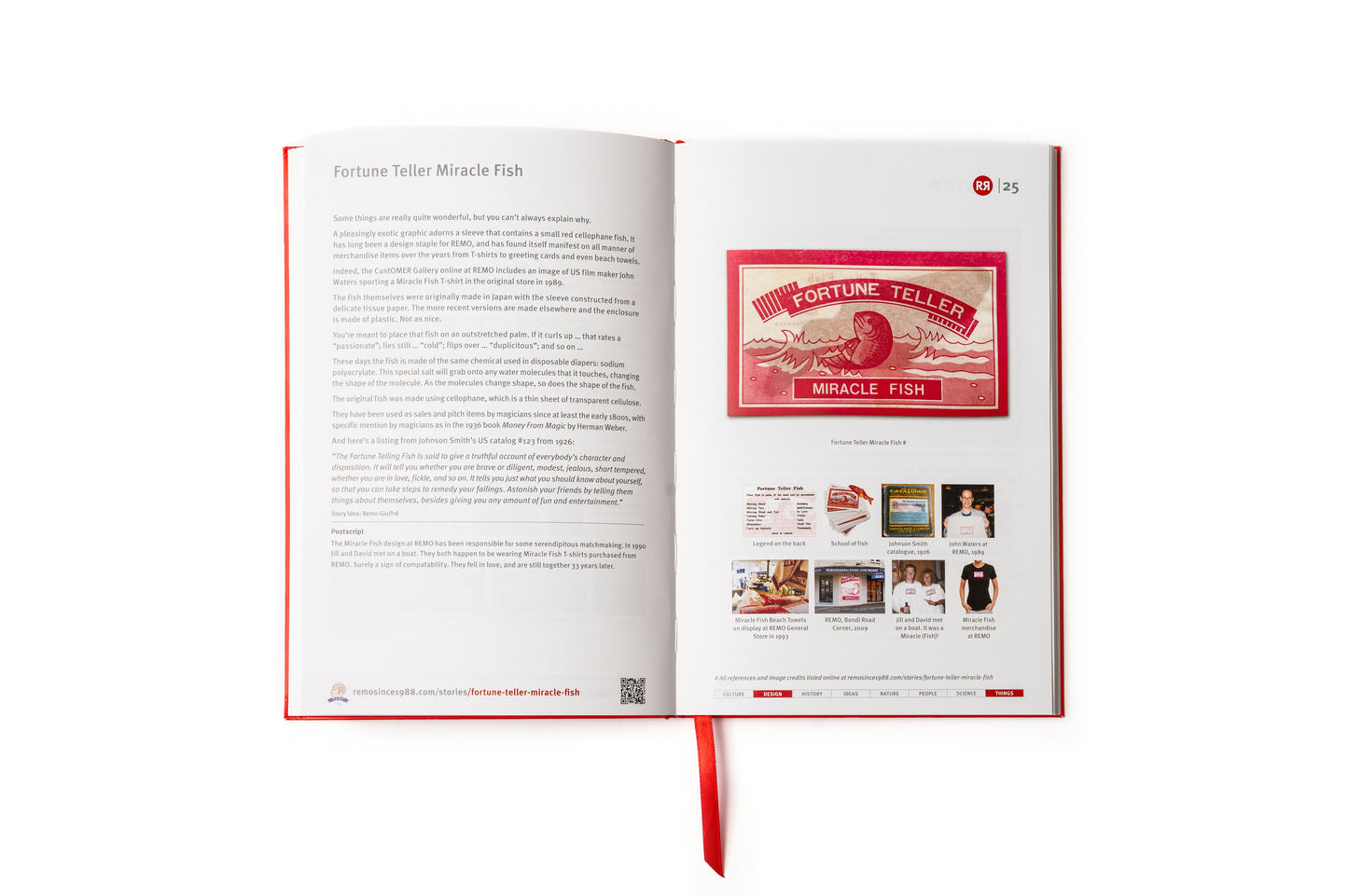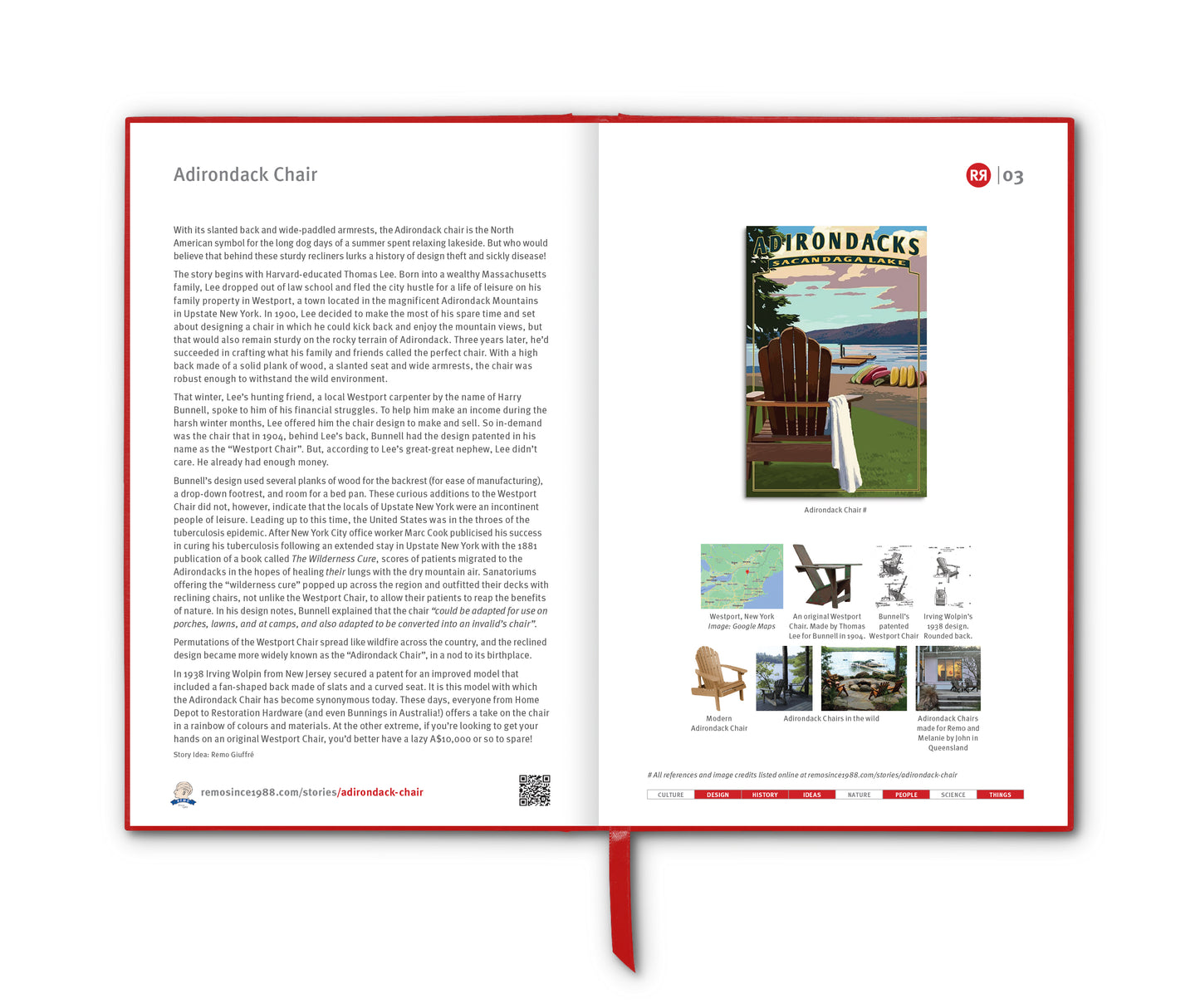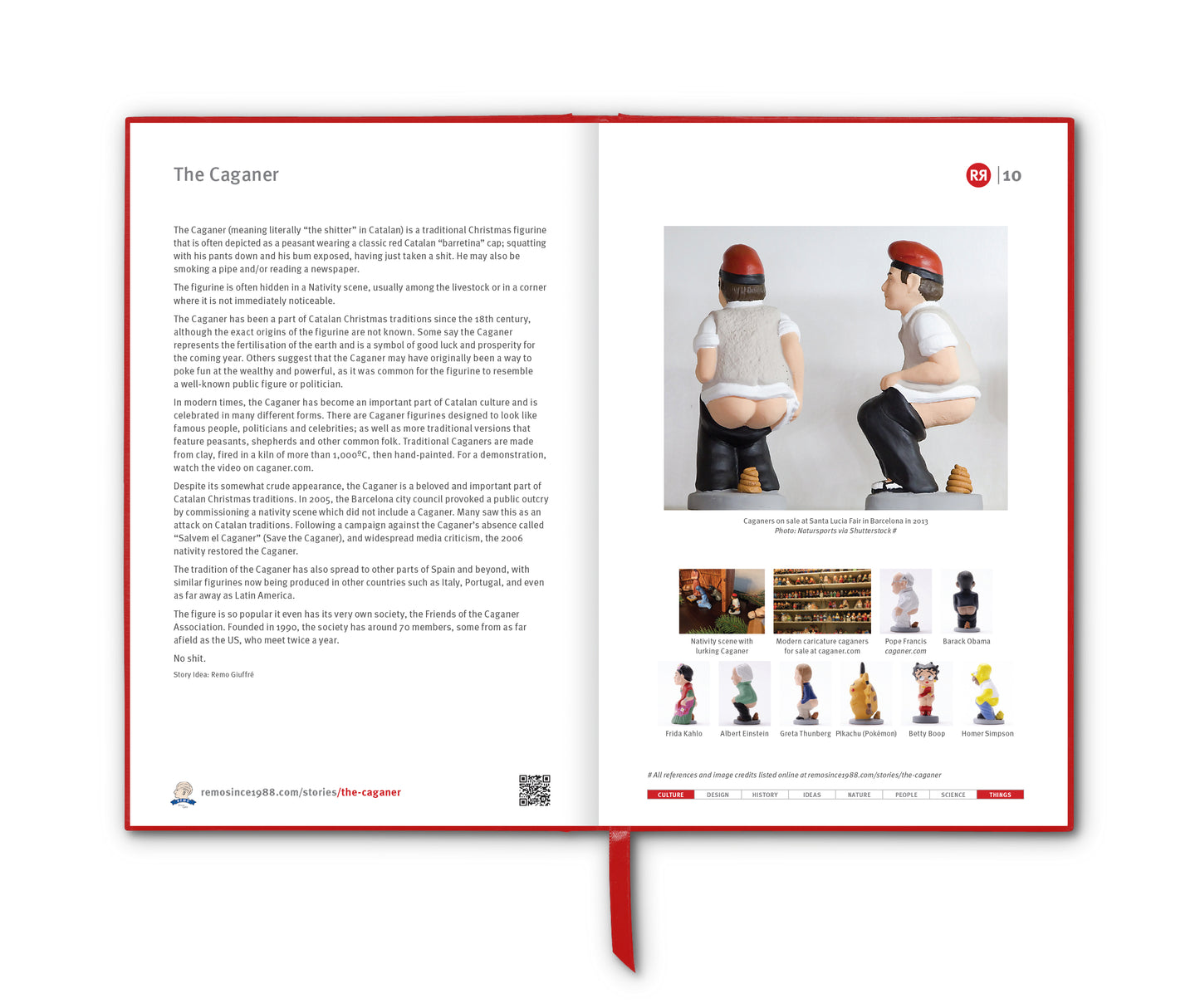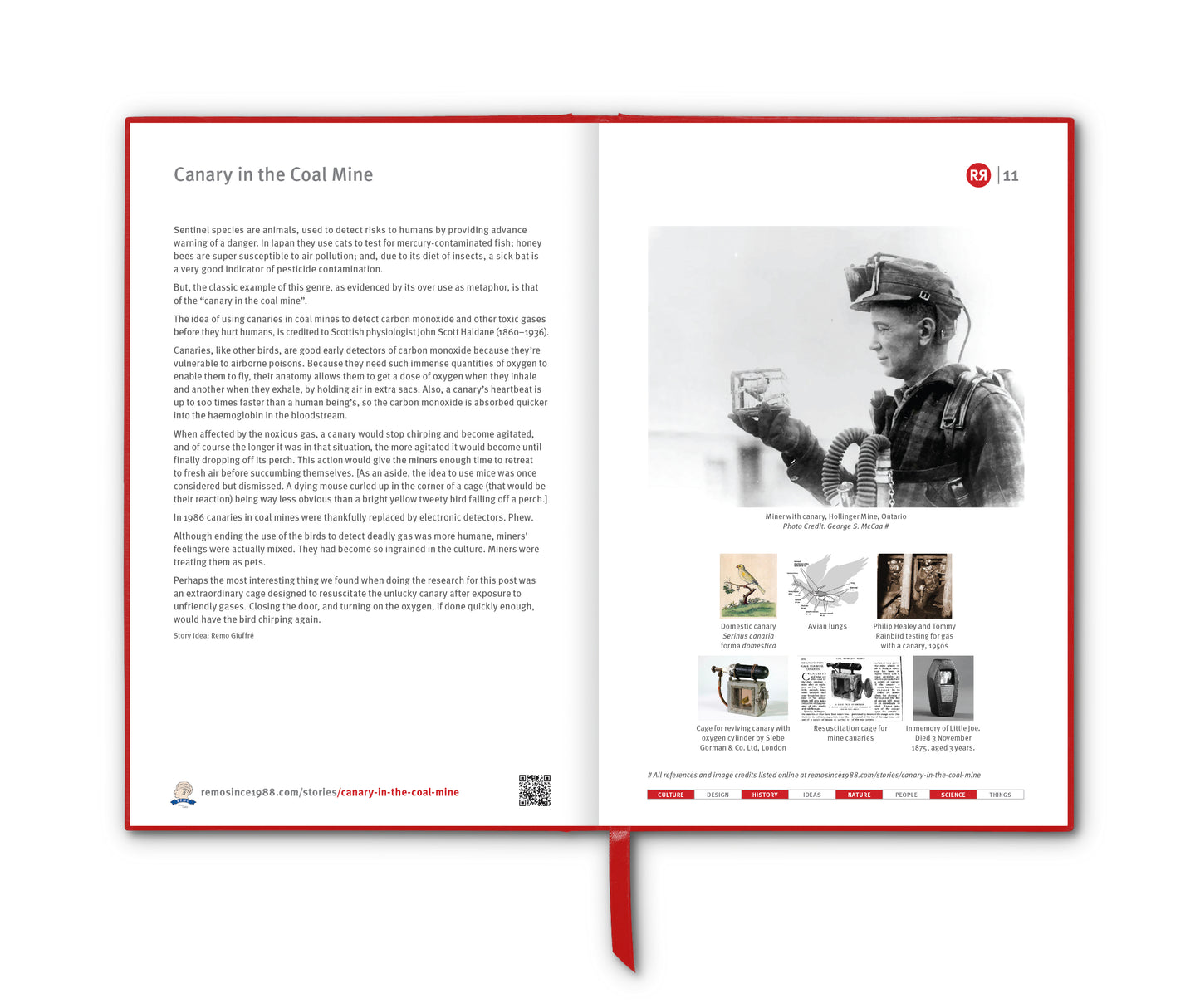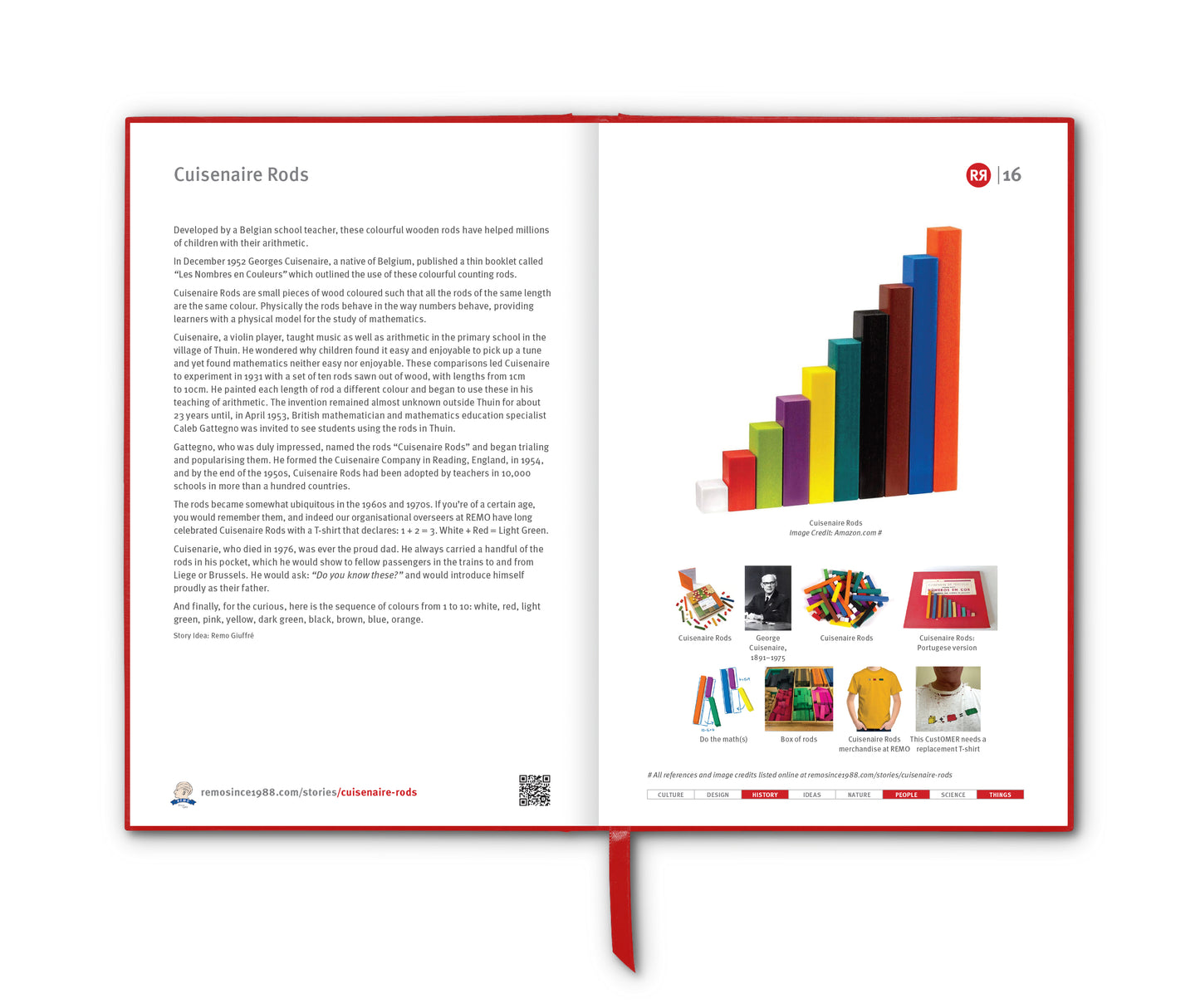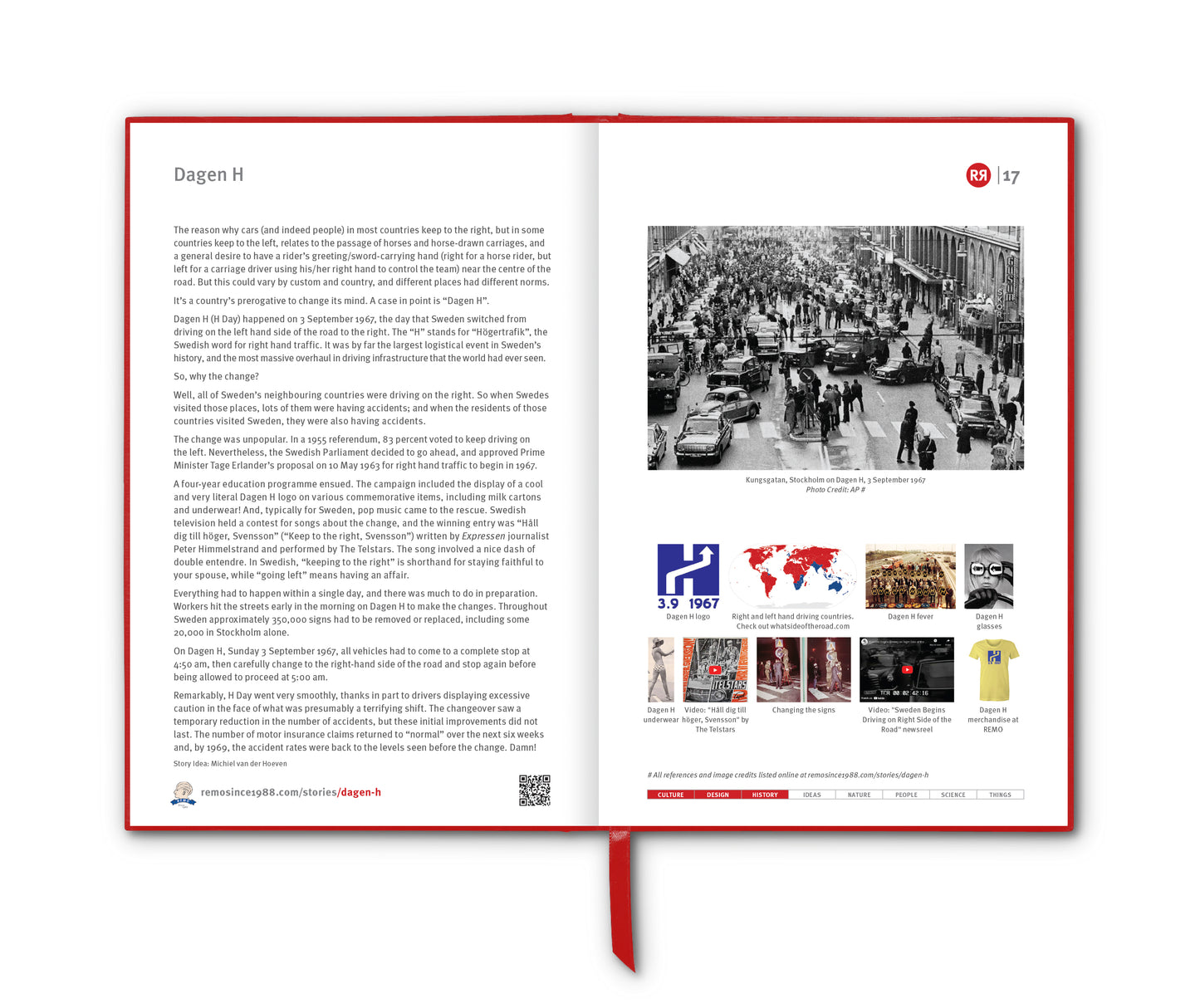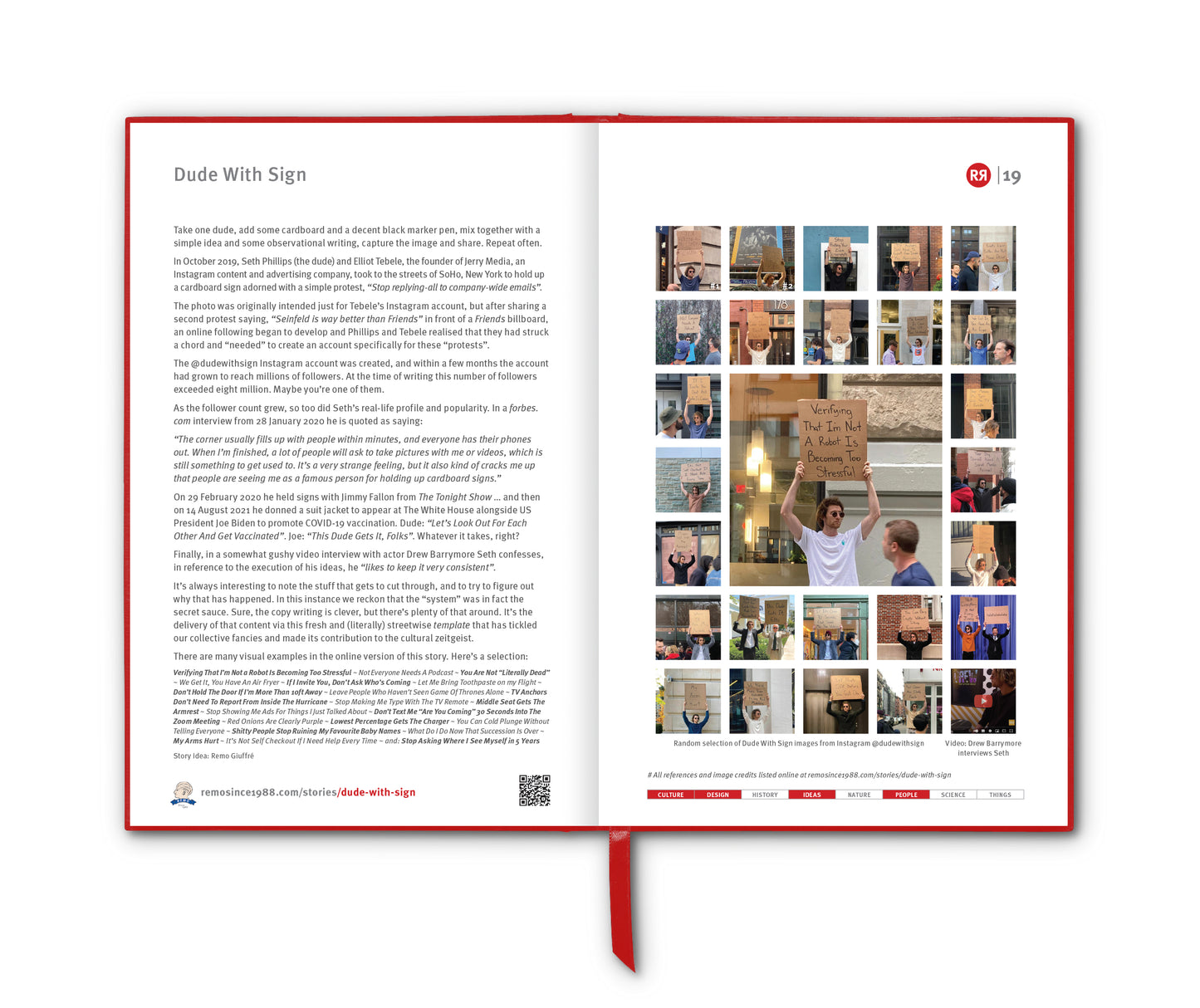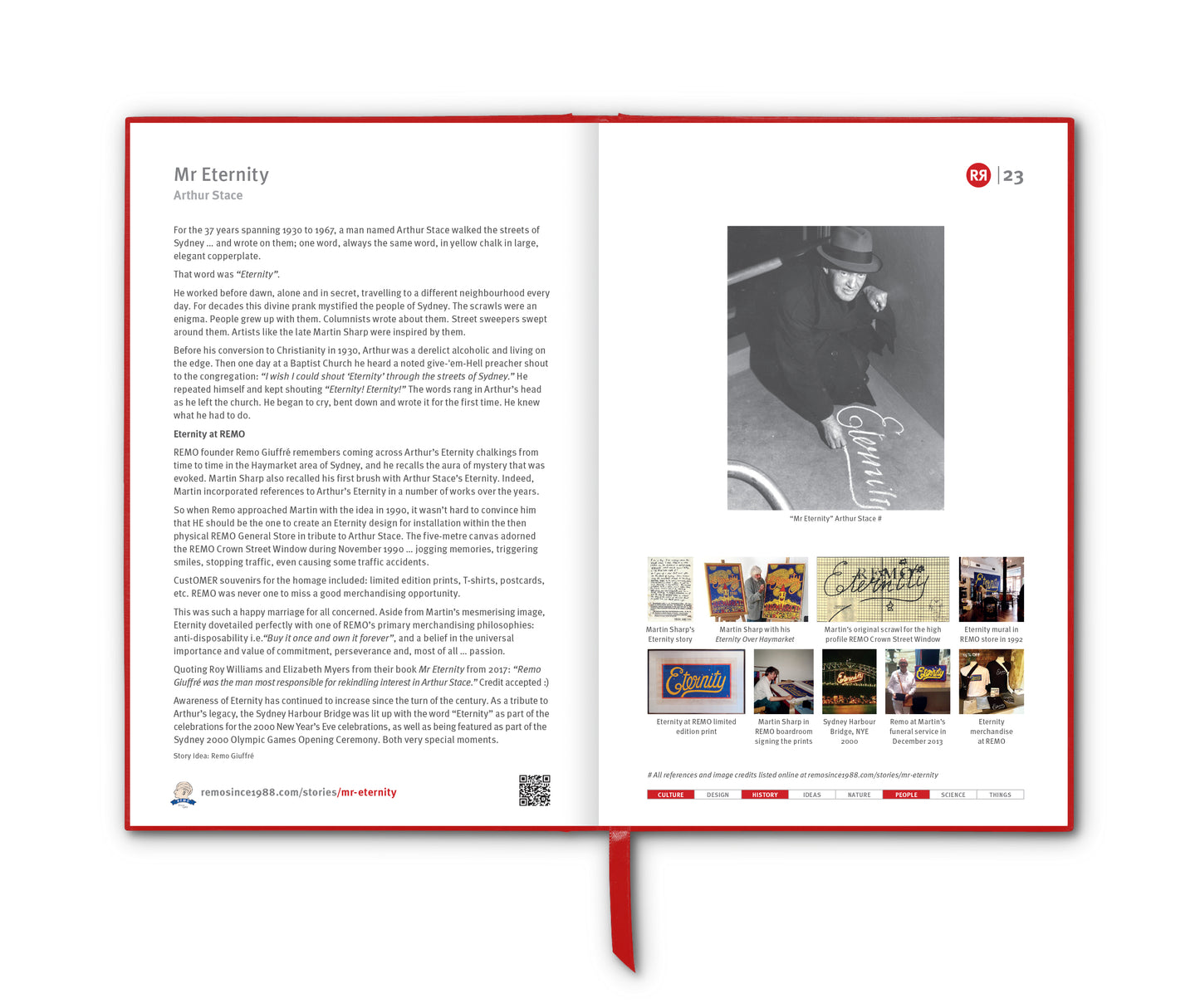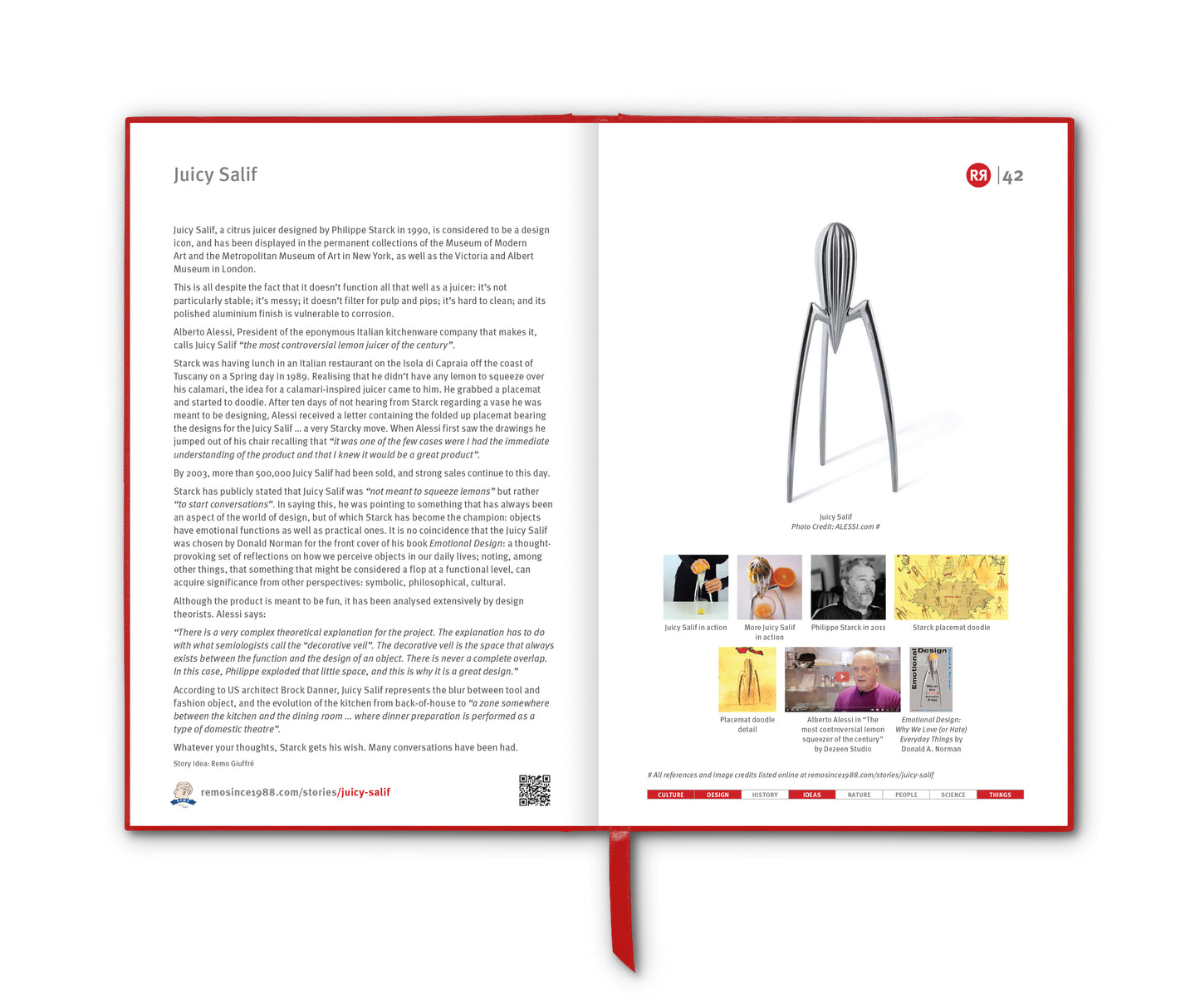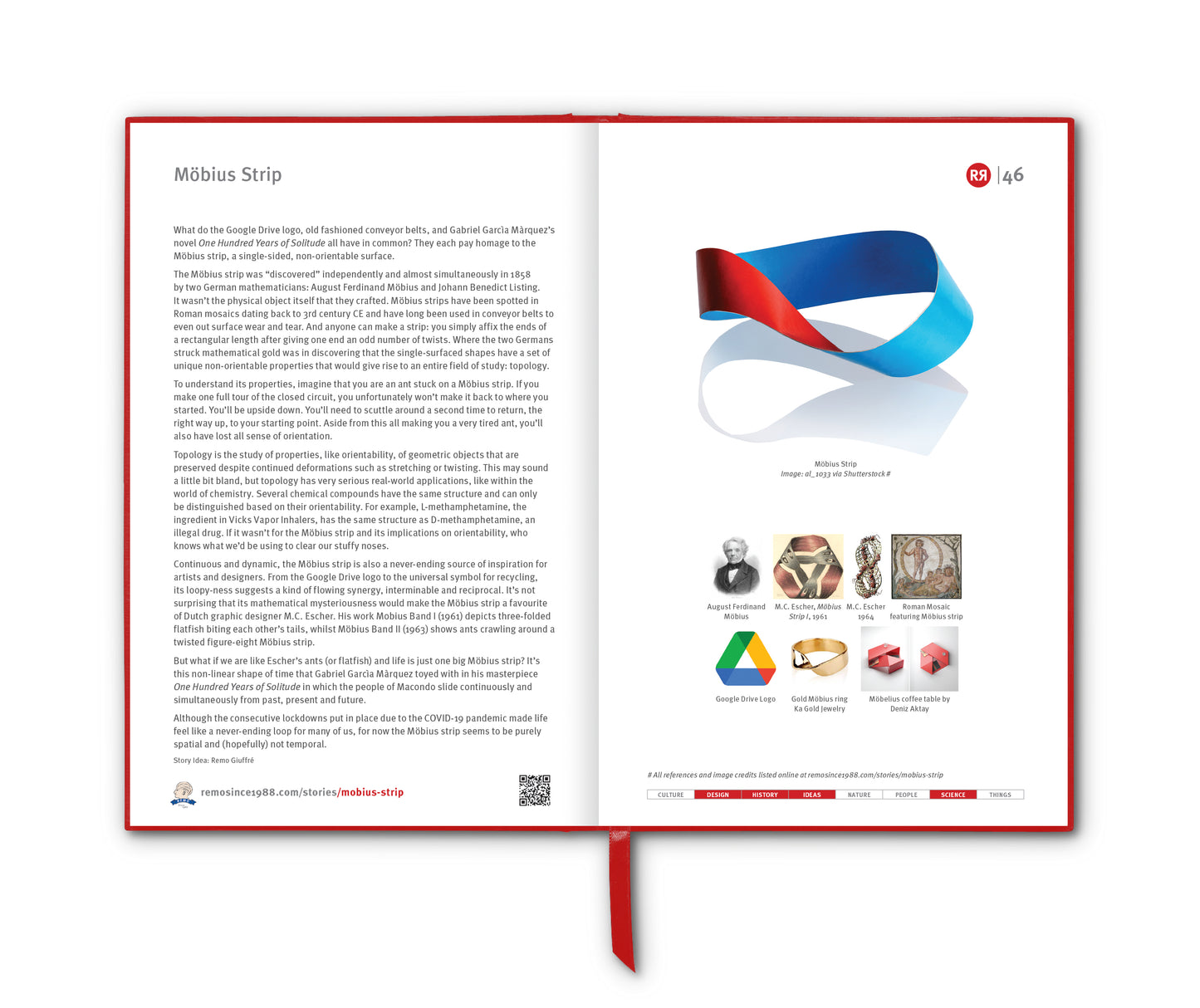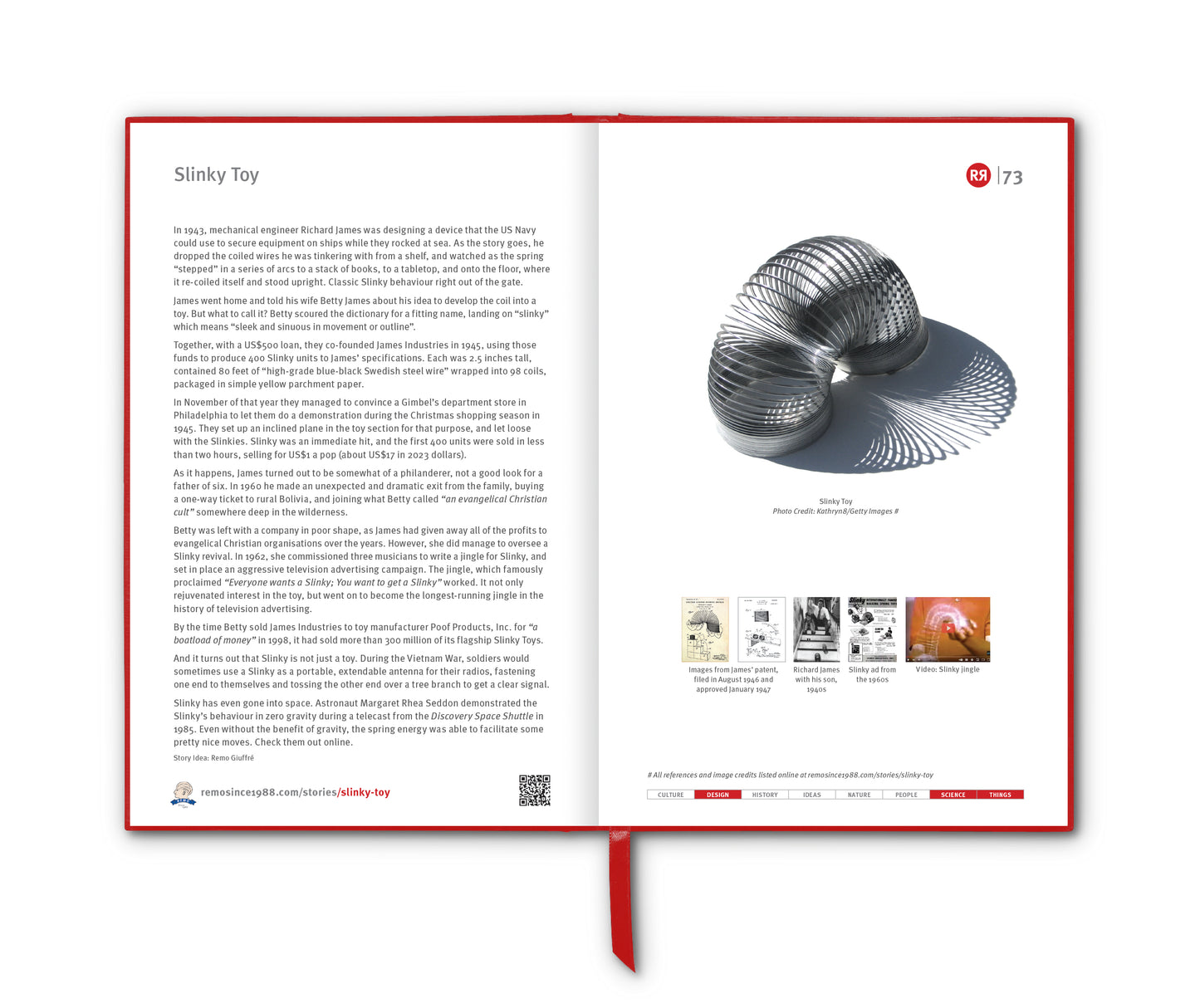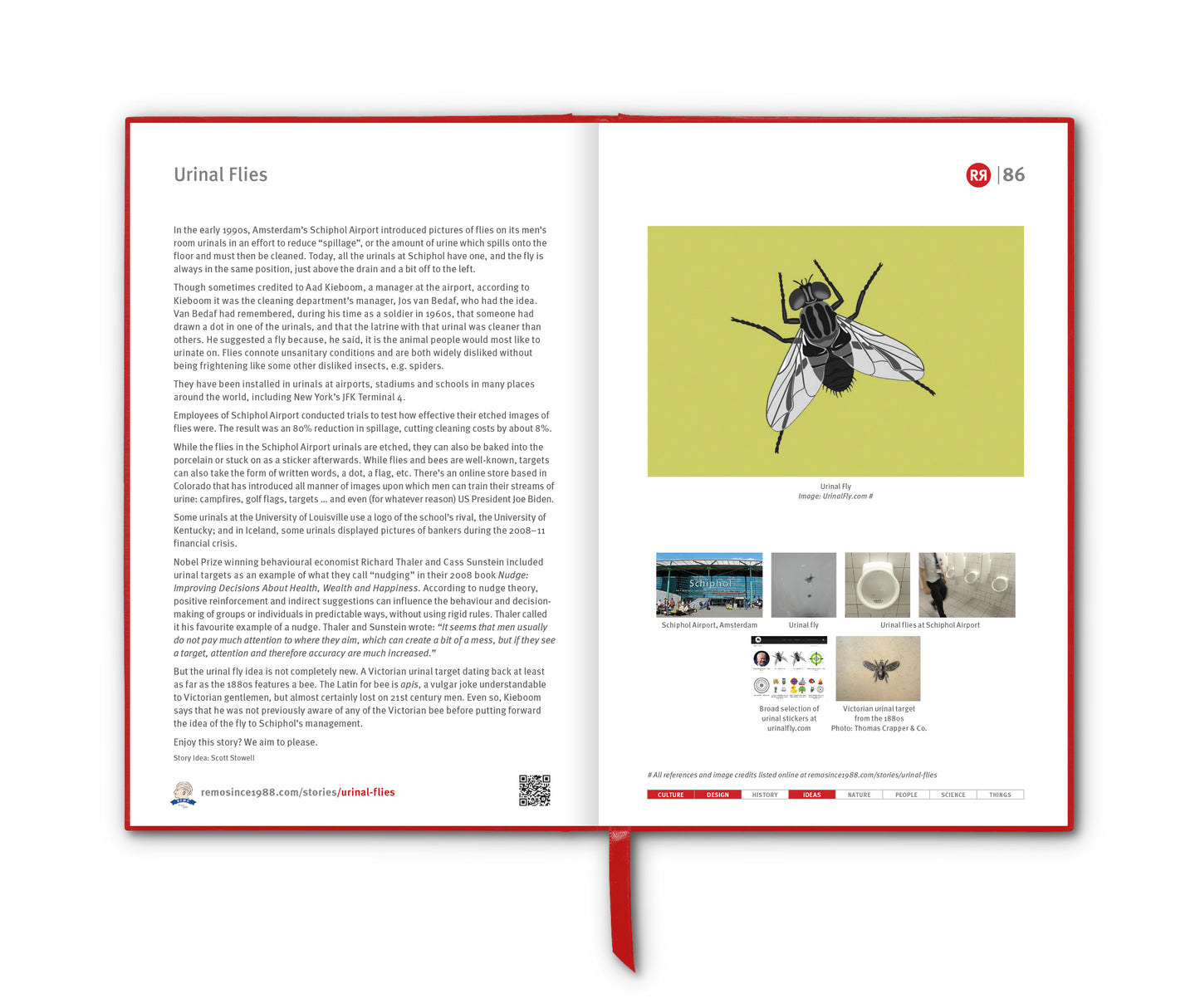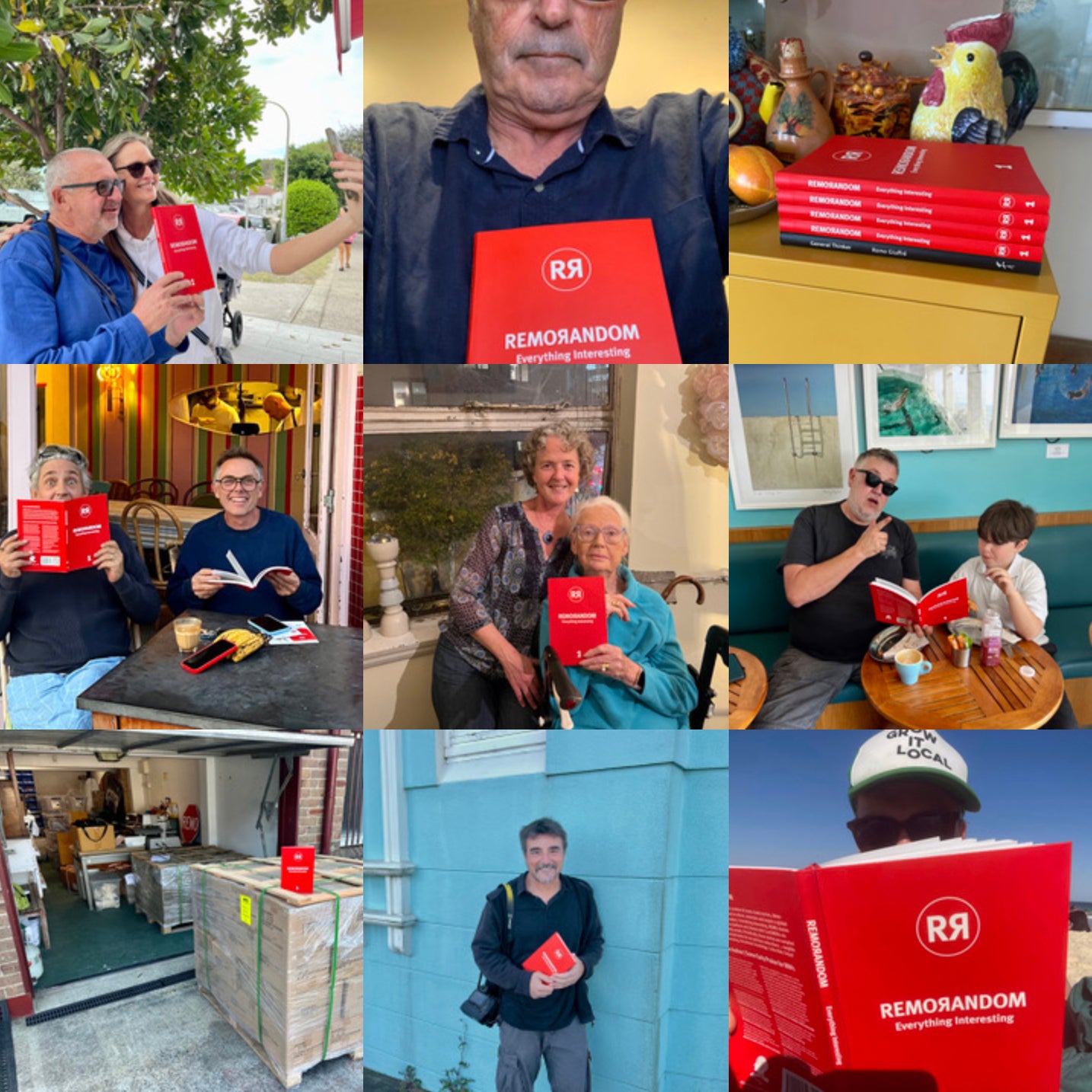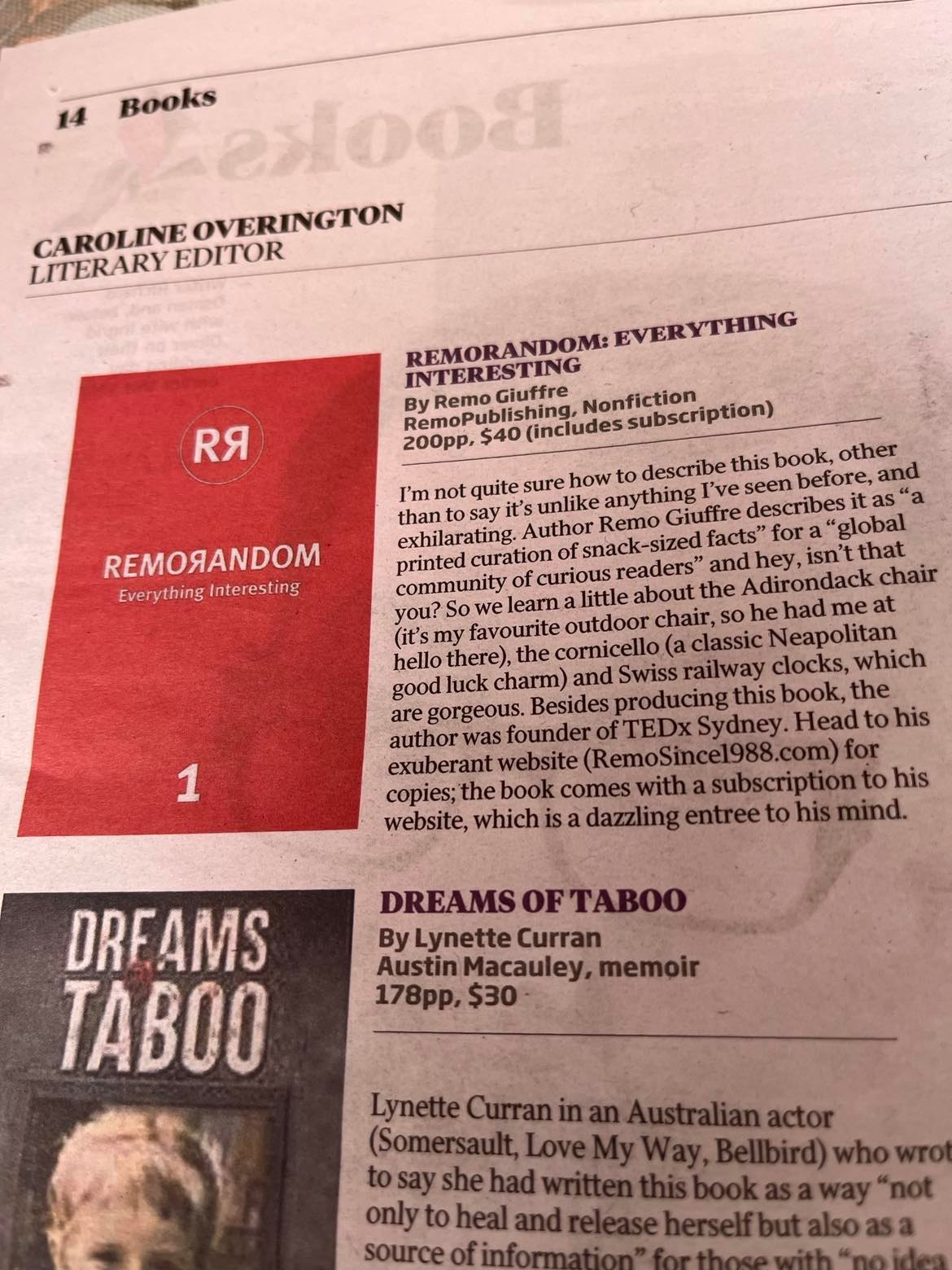The Japanese culture is known for its appreciation of nature and for finding beauty in simplicity. Not surprising then that their language reflects the zen-like beauty of their culture. There are hundreds of untranslatable Japanese words that have no English counterpart. Here are some of them.
Bakku-shan (バックシャン)
A woman who appears attractive from behind but not from the front.
Bureikou (無礼講)
Describes a situation where social hierarchies and formalities are temporarily set aside, allowing people to interact freely and without the usual constraints of rank or status. Often used at nomikai (company drinking parties), it’s a temporary suspension of the rules, i.e. getting drunk with the boss does not change much for the morning after.
Hanafubuki (花吹雪)
Translates as “flower blizzard" or "blizzard of blossoms”. Used to describe how cherry blossom petals float down en-masse, like snowflakes in a blizzard.
Ikigai (生き甲斐)
Often translated as "reason for being" or "purpose in life”, but is more complex than that. It’s about finding joy and fulfilment in life’s small, everyday things … not necessarily tied to grand achievements or goals. See also Ikigai [RR1:39].
Itadakimasu (いただきます)
A common and deeply cultural phrase traditionally said before eating a meal. It expresses gratitude not only to the person who prepared the food, but also to everyone involved in bringing the meal to the table — from farmers to fishermen, as well as to the animals and plants that were sacrificed for sustenance.
Kintsukuroi (金継ぎ)
A term that translates to "golden repair." It refers to the art of repairing broken pottery with lacquer mixed with powdered gold, silver, or platinum, creating a beautiful and unique mended piece.
Kuchisabishii (口寂しい)
A charming and relatable Japanese term that translates literally to "lonely mouth”. It describes the feeling of wanting to eat or snack, not because of hunger, but out of boredom, habit, or the desire to have something in your mouth.
Kuidaore (食い倒れ)
To indulge oneself in food to the point of bankruptcy or ruin. Speaks to the Japanese appreciation for culinary pleasures and the social aspect of dining, but also highlights the potential consequences of overindulgence.
Kyouka Suigetsu (鏡花水月) is a phrase that translates to "flower in the mirror, moon on the water." It refers to something that is visible but can’t be touched.
Natsukashii (懐かしい)
A Japanese word that encapsulates a warm sense of nostalgia or fondness for the past. Natsukashii has a more positive connotation than the English word “nostalgia”.
Omotenashi (おもてなし)
Refers to the art of selfless hospitality, where hosts anticipate and fulfil the needs of their guests with sincerity and attention to detail, often without the expectation of anything in return. One of the core principles of omotenashi is that it's not transactional.
Shibui (渋い)
Describes a type of understated, subtle elegance or beauty, often in art or fashion. Something shibui is refined, not flashy, and grows on you over time.
Shinrin-yoku (森林浴)
Literally "forest bathing", refers to immersing oneself in nature to promote well-being and relaxation. Benefits both physical and mental well-being.
Tsundoku (積ん読)
In English, the untranslatable Japanese word tsundoku describes the act of piling up books that you will never get around to reading.
Wabi-sabi (侘寂)
When you adopt a wabi-sabi perspective, you accept that life is imperfect and, therefore, can appreciate the beauty of imperfect things, e.g. an imperfection purposefully left in an artwork.
Yūgen (幽玄) is a profound and evocative Japanese term that captures a deep awareness of the universe's beauty and mystery that transcends rational understanding.
_____________________________
References
avo-translations.co.uk/23-untranslatable-japanese-words-with-beautiful-meanings
2019foundations.home.blog/2019/09/12/wabi-sabi
Images
1. Japanese flag with quotation marks
2. Bakku-shan (バックシャン). Credit: The Simpsons
3. Bureikou (無礼講) in Kumamoto, Japan
4. Hanafubuki (花吹雪)
5. Ikigai (生き甲斐)
6. Itadakimasu (いただきます)
7. Kintsukuroi (金継ぎ). Credit: ourkraft.com
8. Kuchisabishii (口寂しい). Lonely Mouth listening cafe in Bristol. Photo: Olivia Maxwell-Yates
9. Kuidaore (食い倒れ). "Kuidaore Taro", Osaka’s famous clown in Dotonbori
10. Tsundoku (積ん読). Credit: Bonfire12
11. Wabi-sabi (侘寂) photograph. Credit: 2019foundations.home.blog





























